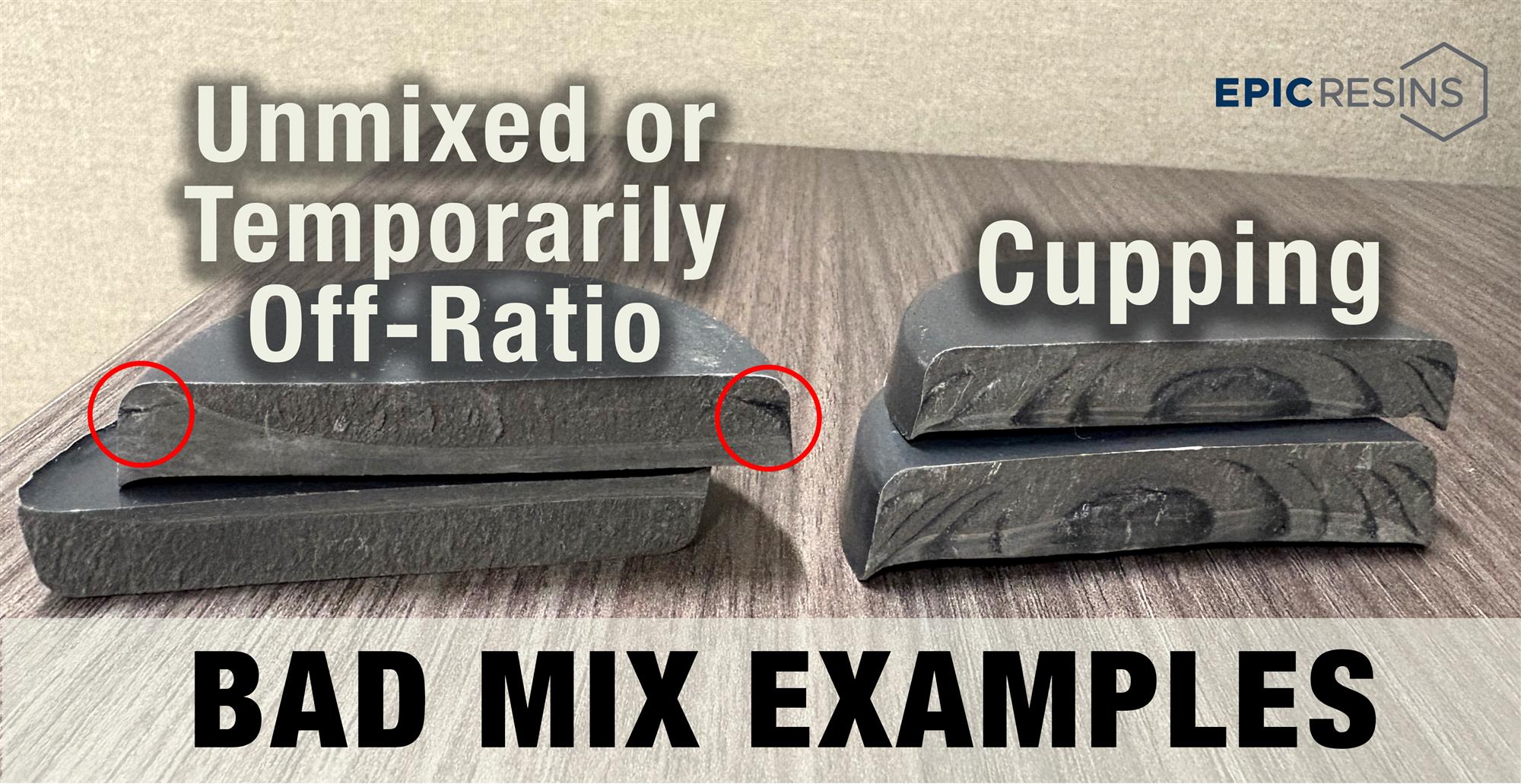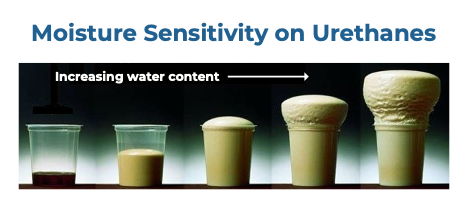Field failures in applications that rely on epoxy and polyurethane materials can result in costly downtime, customer dissatisfaction, and potential safety concerns. Whether used for potting, encapsulation or adhesion, these materials must be carefully selected, handled, and applied to ensure peak performance. These critical best practices will help you avoid failures and achieve optimal results.
One of the most common causes of failure in epoxy and polyurethane applications is improper mixing and ratio control. These materials rely on precise chemical reactions to achieve their fully cured properties. Off-ratio or improper mixing can lead to:
Best Practices:

Polyurethanes are moisture-sensitive, which can cause foaming, poor adhesion and affect mechanical properties. Epoxies are generally more moisture-tolerant but can also suffer from adhesion failures and reduced strength when applied to contaminated surfaces.
Best Practices:

Temperature and humidity variations can significantly impact the curing process of epoxies and polyurethanes. Improper curing can lead to underperformance, including lower bond strength, reduced flexibility, or stress-related cracking.
Best Practices:
Not all epoxies and polyurethanes are created equal. Standard, off-the-shelf materials may not provide the properties that your application specifications require. Factors such as thermal properties, environmental conditions, material properties and process and handling must be carefully considered to ensure long-term reliability.
Epic Resins formulates high-performance epoxy and polyurethane materials tailored to specific application needs. Our materials are formulated to meet precise mechanical, electrical, and environmental requirements.
At Epic Resins, we go beyond manufacturing epoxies and polyurethanes—our chemists collaborate with your engineering team to ensure proper material selection or formulation for your product design, specifications and processing needs. Our support includes:
By partnering with Epic Resins, your engineers gain access to decades of expertise in epoxy and polyurethane chemistry, ensuring your products perform reliably in the field.
Preventing field failures requires more than just selecting an epoxy or polyurethane—it requires careful material selection, proper processing, and controlled environmental conditions. By adhering to best practices and leveraging Epic Resins’ expert support, engineers can avoid common pitfalls and achieve durable, high-performance results in their applications.
For more information on how Epic Resins can support your material needs, contact our technical sales team today.
